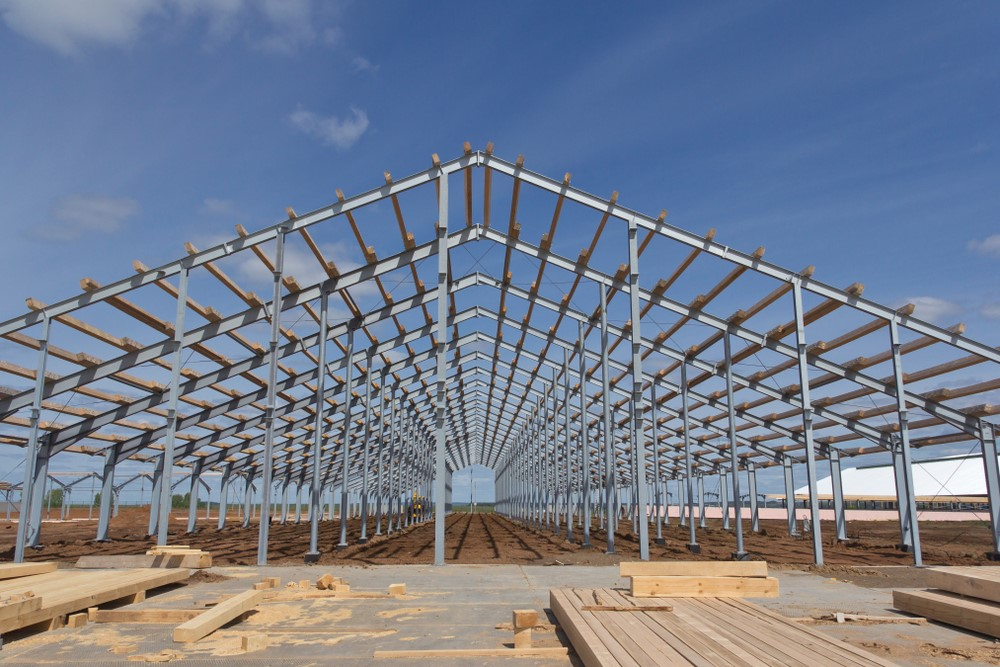5.1 “Audit Committee”: means the Audit Committee constituted pursuant to the provisions of Section 177(1) of the Companies Act, 2013.
5.2 “Company” means, “M/s. Pennar Industries Limited”
5.3 “Disciplinary Action” means any action that can be taken on the completion of /during the investigation proceedings including but not limited to a warning, imposition of fine, suspension from official duties, or any such action as is deemed to be fit considering the gravity of the matter.
5.4 “Ethical Behaviour”: Being in accordance with the accepted principles of right and wrong that govern the conduct of a profession including but not restricted to financial impropriety and accounting malpractices.
5.5 “Good Faith”: An employee shall be deemed to be communicating in good faith if there is a reasonable basis for communication of unethical and improper practices or any other alleged wrongful conduct. Good Faith shall be deemed lacking when the employee does not have personal knowledge on a factual basis for the communication or where the employee knew or reasonably should have known that the communication about the unethical and improper practices or alleged wrongful conduct is malicious, false, or frivolous.
5.6 “Nodal Officer or Investigation Committee”: means an officer or Committee of persons who is/are nominated/ appointed to conduct a detailed investigation of the disclosure received from the Vigil blower and recommend disciplinary action. Presently, the Nodal Officer of the Company is theChairman of the Audit Committee. The Committee, if appointed, should include Senior Level Officers of HR, Internal Audit / Finance and a representative of the Division/ Department where the alleged malpractice has occurred.
5.7 “Policy”: means, vigil policy
5.8 “Professional Behaviour”: Exhibiting a courteous, conscientious and generally businesslike manner at the workplace that strives to maintain positive regard to others while avoiding excessive display of the deep feeling.
5.9 “Protected Disclosure”: The reporting of any such unethical activity or violation to the committee by a Vigil blower as defined above made in good faith would constitute a protected disclosure.
5.10 “Subject Employee”: means an employee against or in relation to whom a protected disclosure is made under this policy.
5.11 Unethical Alleged Activities shall mean and include the following:
- Violation of any law or regulations, policies including but not limited to corruption, bribery, Theft, fraud, coercion and willful omission.
- Rebating of Commission/benefit or conflict of interest.
- Procurement frauds.
- Mismanagement, Gross wastage, or misappropriation of company funds/assets.
- Manipulation of Company data/records.
- Misappropriating cash/company assets;
- Providing any confidential or proprietary information related to any stream (for example R&D, Finance, Marketing, IT, Supply Chain, Human Resources and farmers or Customers/Vendors relation etc).
- Unofficial use of the Company’s property/human assets.
- Activities violating the Company's policies. (Including Code of Conduct)
- A substantial and specific danger to public health and safety.
- An abuse of authority or fraud
- An act of discrimination.
The above list is illustrative and should not be considered exhaustive.
5.12 “Vigil blower”: An employee who exposes or makes a disclosure of the unethical and improper practices within an organization in the hope of stopping it.






